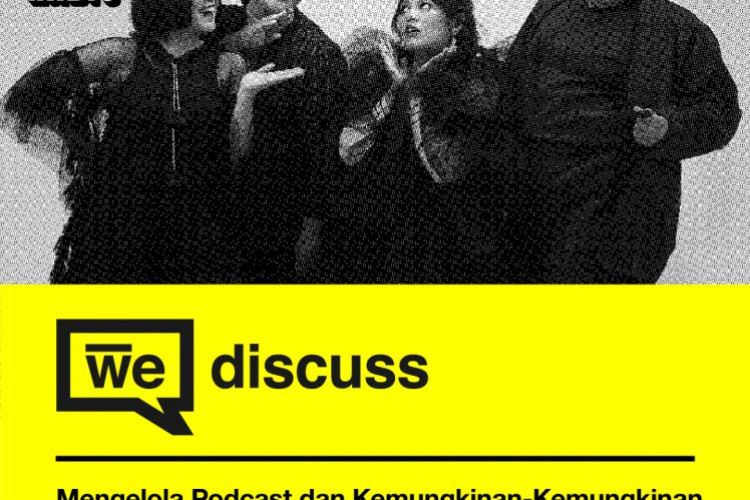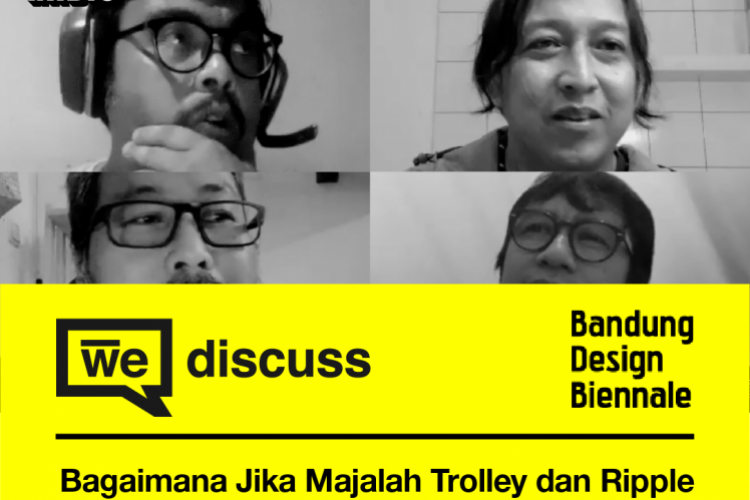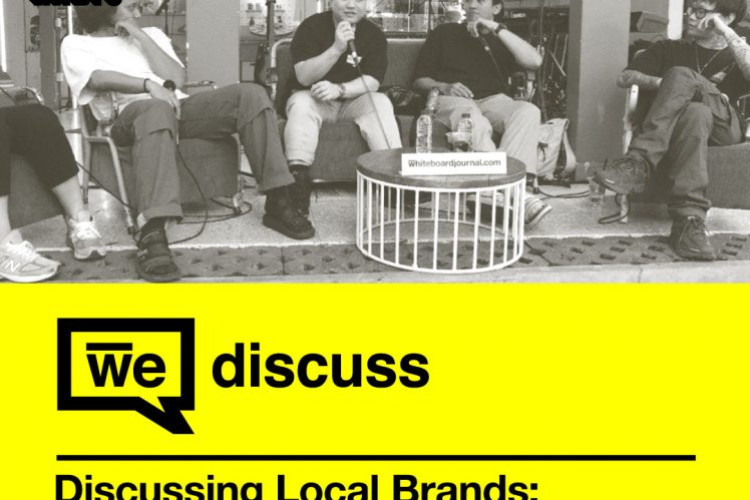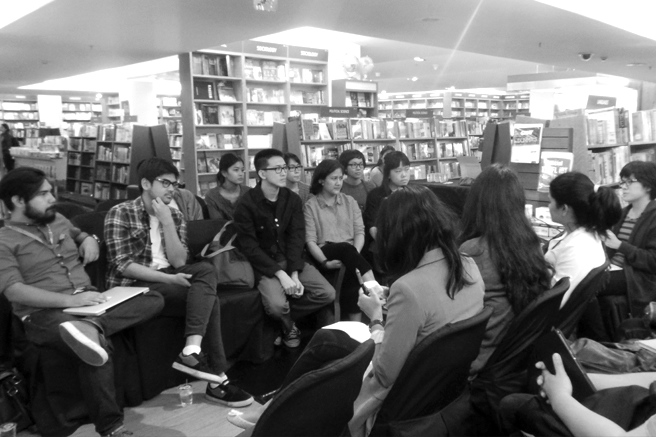
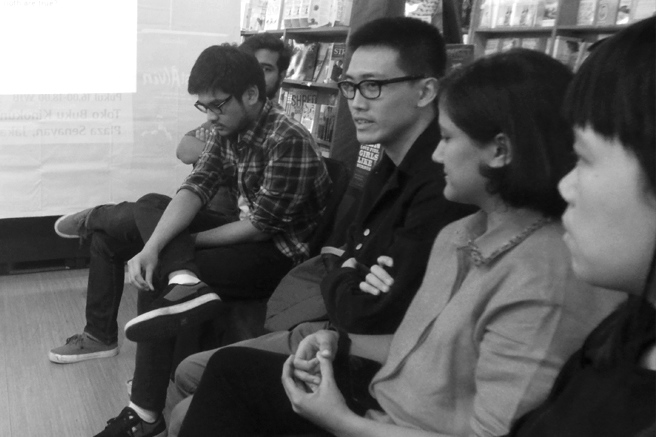
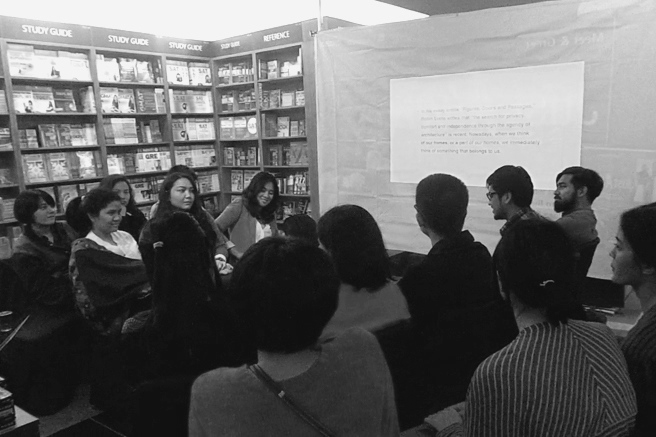
On November 19, Whiteboard Journal hosted our fifth We Discuss meeting at Kinokuniya Plaza Senayan. This month, we focus on the concepts of “place” and “space” in everyday life. How do we perceive our workspaces? To what extent do we feel attached to our “homes”? By sharing our personal experiences or reflections, we tried to answer such questions.
Below are some of discussion’s core points:
– The word “home” means different things to different people. Some participants think of a physical building that will always be waiting for them, while others think of it – to borrow Avianti Armand’s analogy – as a “place of transit.”
– While the home is often considered as a private space, it actually consists of the multiple privacies of its inhabitants. The sum of these privacies gives “life” to the building itself.
– A place becomes a place once it can be associated with something – a memory or a feeling – otherwise it is just a space that can be easily replaced.
– The typical living arrangement in Jakarta is still very family-oriented. Many working individuals still choose to live with their families even when there are no financial constraints. This might be explained by Indonesia’s collective culture.
– However, those who do choose to live independently do so for two possible reasons: Due to practical reasons (to be closer to their workplace/university) or because they want to break away from the standard arrangement (to create an alternative way of living).
– Some offices have cubicles/partitions while others do not. There are downsides and benefits found in each one, but the effectiveness highly depends on the nature of the job.
– What is a major difference between public and private places? Rules. While the former typically has clear rules that allow or prohibit certain actions, the latter operates according to unwritten rules that are based on mutual expectations of the involved parties.
– While the number of cafes in Jakarta has been increasing at an impressive rate, the “cafe culture” as we know it today is actually nothing new. It is merely one that reflects the current society’s buying power. The tendency for Indonesians to “nongkrong” (hang out) has always been around.
– Social media has changed the way people perceive boundaries. We are rarely aware of the distance that separates our online friends and us.
– Laptops, smartphones and tablets are portals that take us away from the physical places we are in. Can our technological habits change our need for space? Will people of the future be content with smaller living places?
We would like to thank those who came and contributed to the fifth We Discuss meeting. We hope to see you again in future discussions. Look out for announcements about next month’s discussion on our website’s blog and events section. Or check out our Facebook page, as well as our Twitter and Instagram accounts!








